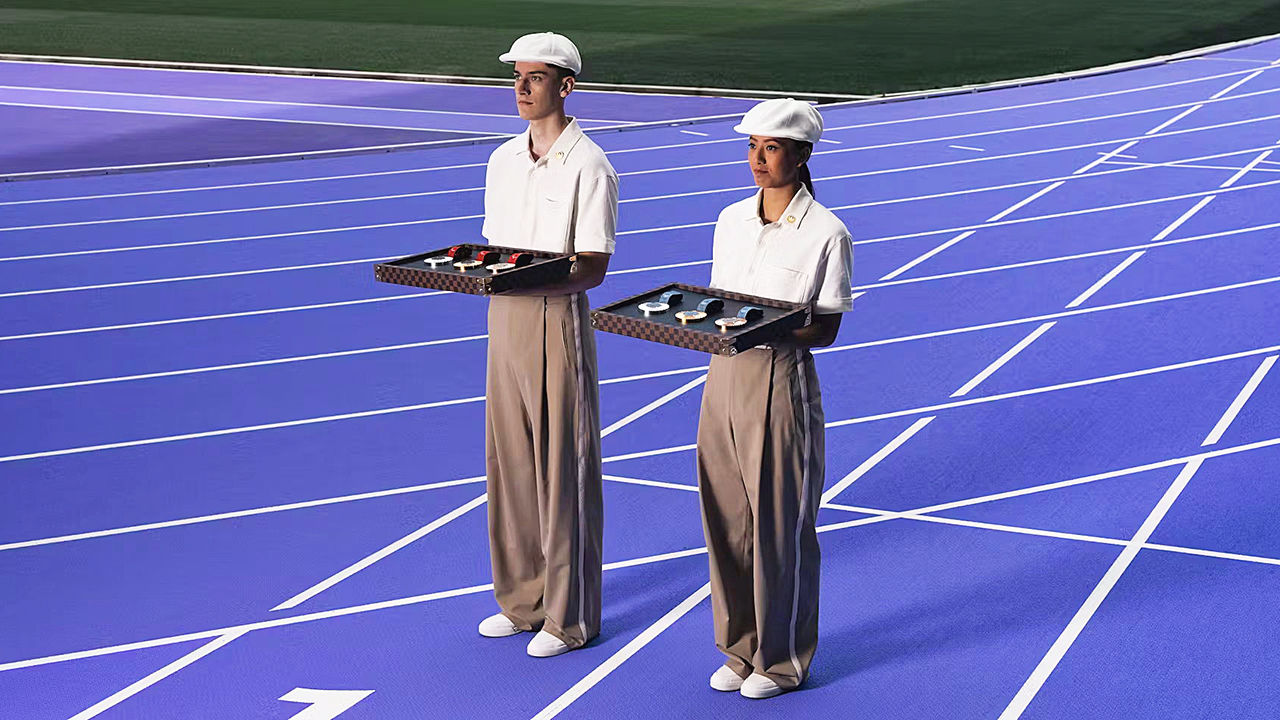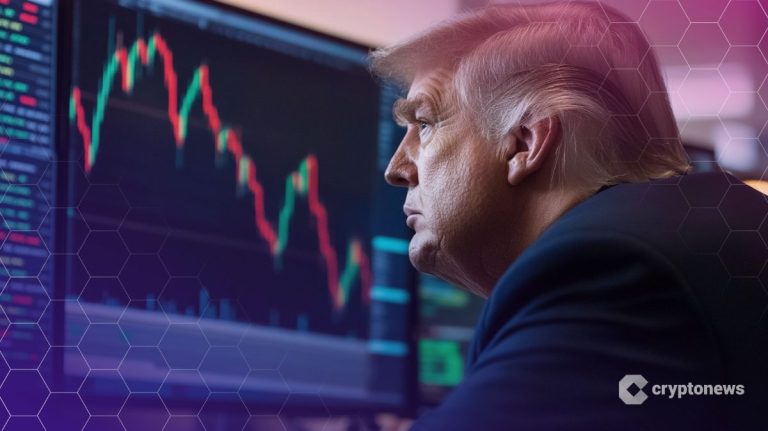
Your browser does not support the <audio> element.
Pay close attention as the medals are draped over the victors of this year’s Olympic games in Paris and you may spot a hexagonal piece of wrought iron at their centre. That is a piece of the Eiffel Tower, kept after a renovation. The medals, designed by Chaumet, part of the luxury giant LVMH, are but one example of how the conglomerate’s maisons will be adding an opulent touch to the games. France’s team will don Berluti garments for the opening ceremony on July 26th. VIP lounges have been stocked with the cuvées of Moët Hennessy. Even the torch has been kept in a Louis Vuitton checkerboard trunk.
LVMH is not only the “creative partner” for this year’s games, but also one of its largest benefactors, thanks to a sponsorship deal reportedly worth €150m ($166m). That is a little over a tenth of the $1.3bn in total sponsorship that the games is expected to receive, according to Ampere Analysis, a research firm—a 60% increase on the amount brought in by the previous, albeit pandemic-afflicted, games in Tokyo. Bernard Arnault, LVMH’s boss, has charged his eldest son, Antoine, with overseeing the partnership with this year’s event.
At first glance, LVMH’s close involvement in the games may seem odd. Luxury brands that sponsored sports traditionally limited themselves to ones with a strong whiff of old money about them (think Hermès and horse-riding or Rolex and tennis). In recent years, however, LVMH has shown a surprising absence of snobbery in its associations. In 2020 Louis Vuitton became a sponsor of the NBA, an American basketball league, and in 2023 it supported the Rugby World Cup. Nor is it alone. Prada, an Italian rival, announced a partnership with the Chinese women’s football team last year.
That may reflect what industry-watchers call the “democratisation of luxury”. The industry now makes much of its money peddling its goods to shoppers who want to look richer than they are. When unveiling lvmh’s sponsorship of the games, the elder Mr Arnault praised its “values of passion, excellence and inclusion”. Of greater interest, though, may be its billions of spectators. LVMH will hope to persuade at least some of them to indulge themselves—especially with business slowing in China, as the firm reported on July 23rd.
Whether its own splurge on the Olympics pays off will be difficult to assess. Measuring the return on such sponsorships is notoriously tricky. An executive at a sportswear brand that has supported previous games says his company never noticed much of an impact. For lvmh, though, this may be more of a marathon than a sprint. ■
To stay on top of the biggest stories in business and technology, sign up to the Bottom Line, our weekly subscriber-only newsletter.

















